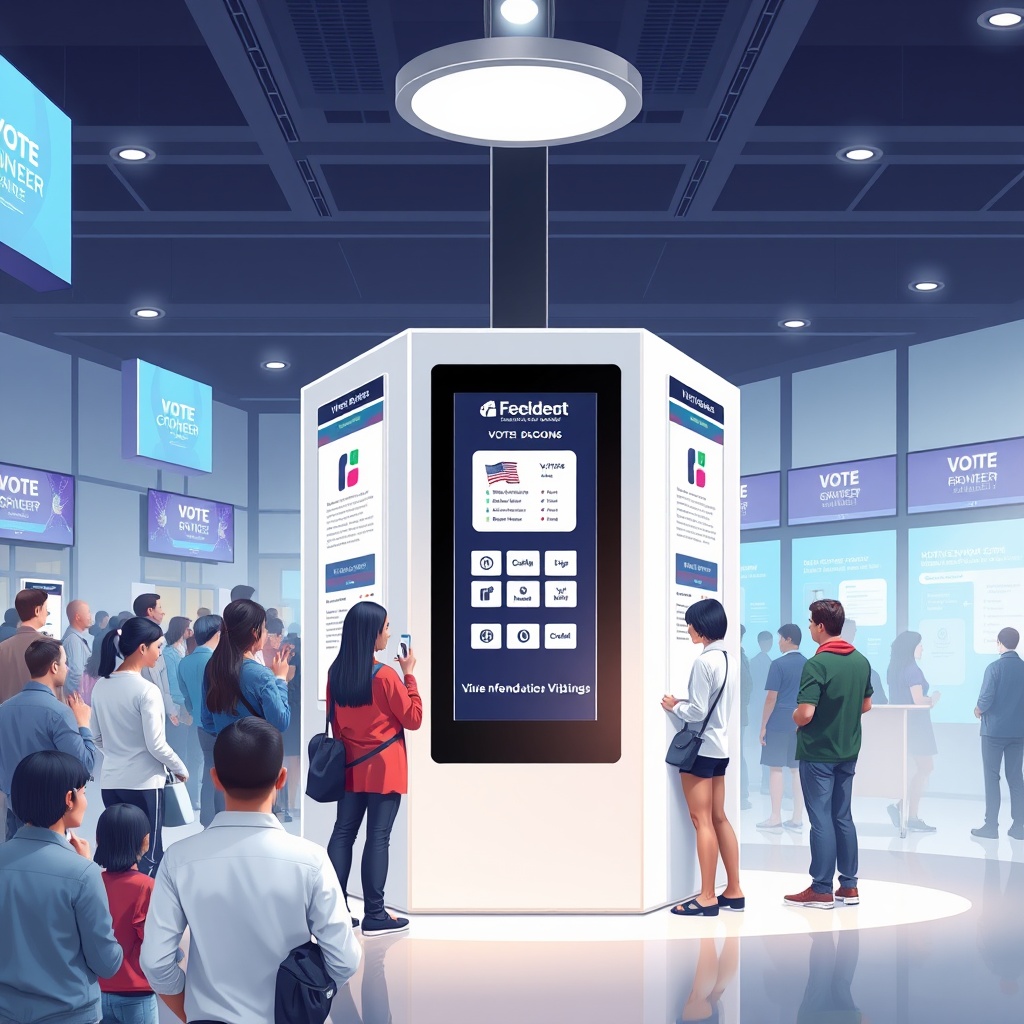In the digital age, traditional voting methods are increasingly scrutinized for their transparency and security. As the demand for more reliable electoral processes grows, smart contract-based instant runoff voting systems emerge as a compelling solution. By leveraging blockchain technology, these systems promise to enhance voter confidence, streamline the electoral process, and significantly reduce the potential for fraud.
How Smart Contracts Transform Voting
Smart contracts, self-executing contracts with the terms of the agreement directly written into code, can transform the voting landscape. They facilitate a transparent, tamper-proof method of recording votes and ensuring they are counted accurately. Unlike conventional voting systems, which often rely on manual counting and can be subject to human error or manipulation, smart contracts automate these processes, ensuring every vote is securely recorded and verified.
Benefits of Instant Runoff Voting
Instant runoff voting (IRV) allows voters to rank candidates in order of preference, which can lead to more representative outcomes. When combined with smart contract technology, IRV systems can manage complex voting scenarios seamlessly. This dual approach not only simplifies the voting process but also addresses several critical challenges faced by traditional voting systems.
Here are some key advantages of implementing smart contract-based IRV systems:
- Enhanced Security: Blockchain’s decentralized nature makes it nearly impossible for malicious actors to alter the voting records.
- Increased Voter Engagement: By allowing voters to express preferences beyond just a single choice, IRV encourages broader participation.
- Efficiency: Automated counting and result verification drastically reduce the time needed to declare election results.
- Cost-Effectiveness: Over time, the reduction in administrative overhead can lead to significant savings for electoral bodies.
The Path Forward
Implementing smart contract-based instant runoff voting systems requires careful planning and collaboration among technology experts, policymakers, and the public. Education and outreach efforts are essential to ensure that all stakeholders understand the benefits and operational mechanics of these systems. As we move toward a more digital future, embracing innovative solutions like smart contracts could be the key to restoring faith in our democratic processes.





